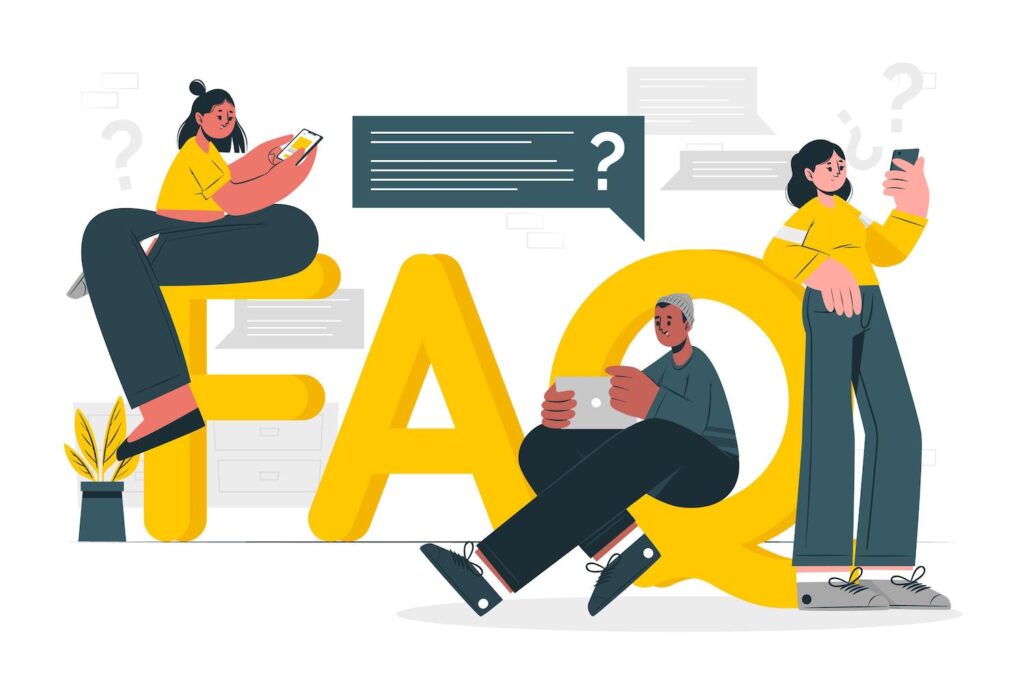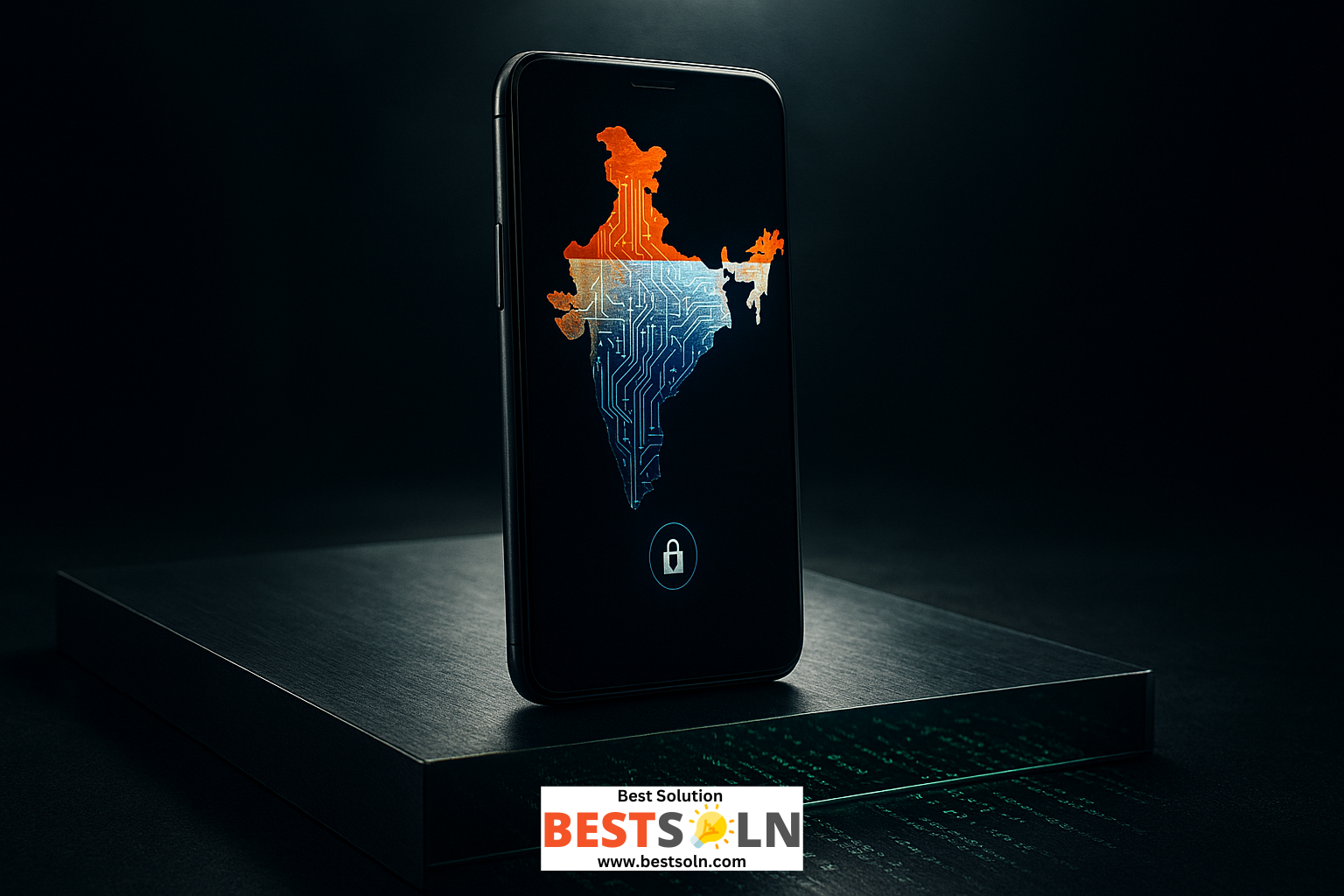- Home
- /
- Product Management
- /
- Game Theory: Mastering Strategic Decision-Making
Introduction
Game Theory is a captivating field that blends mathematics, psychology, and strategy to decode how rational decision-makers navigate choices when outcomes hinge on others’ actions. From business rivalries to international diplomacy, from chess matches to everyday negotiations, game theory offers a lens to understand and predict strategic behavior. This comprehensive guide dives deep into its principles, applications, real-world inspired case studies, FAQs, and recommended readings, crafted to engage and inform users.
What is Game Theory?

Game Theory is the study of strategic interactions among rational agents like individuals, firms, or nations, where one’s success depends on others’ decisions. It’s not just about games like poker or chess; it’s a framework for analyzing scenarios where choices are interdependent, such as pricing wars, diplomatic negotiations, or even evolutionary biology. By modeling these interactions mathematically, game theory uncovers optimal strategies, equilibrium points, and the delicate balance between cooperation and competition.
Key concepts include:
- Players: Decision-makers in the scenario.
- Strategies: Possible actions players can take.
- Payoffs: Outcomes or rewards resulting from chosen strategies.
- Equilibrium: A state where no player can improve their payoff by unilaterally changing their strategy, e.g., Nash Equilibrium.
Game theory shines in its versatility, applying to economics, politics, biology, and even daily life, making it a powerful tool for decoding complex decision-making.
Core Concepts of Game Theory

Types of Games
Game theory categorizes scenarios into various types, each with unique dynamics:
- Zero-Sum Games: One player’s gain is another’s loss, like in chess or poker.
- Non-Zero-Sum Games: Cooperation can lead to mutual benefits, as in trade agreements.
- Simultaneous Games: Players act without knowing others’ choices, e.g., rock-paper-scissors.
- Sequential Games: Players act in turns, with later players observing earlier moves, like in chess.
- Cooperative vs. Non-Cooperative Games: Cooperative games involve binding agreements, while non-cooperative games rely on individual strategies.
- Repeated Games: Interactions occur multiple times, influencing strategies through trust or retaliation, as in business partnerships.
Nash Equilibrium
Named after mathematician John Nash, this concept describes a situation where no player can improve their payoff by changing their strategy alone, assuming others’ strategies remain unchanged. It’s a cornerstone of game theory, seen in scenarios like pricing competitions where firms stabilize prices to avoid mutual losses.
Dominant Strategies
A strategy is dominant if it yields the best payoff regardless of others’ actions. For example, in the Prisoner’s Dilemma, confessing is often dominant, leading to a suboptimal outcome for all.
Mixed Strategies
In some games, players randomize their actions to keep opponents guessing, like in rock-paper-scissors, where unpredictability prevents exploitation.
Extensive Form vs. Normal Form
- Normal Form: Games represented in a matrix, showing simultaneous moves and payoffs.
- Extensive Form: Games depicted as decision trees, capturing sequential moves and information availability.
Real-World Applications of Game Theory

Game theory’s reach extends far beyond theoretical models. Here’s how it shapes various domains:
Economics and Business
Firms use game theory to set prices, launch products, or negotiate mergers. For instance, in oligopolies, companies like Apple and Samsung strategize to capture market share without triggering price wars.
Politics and Diplomacy
Nations apply game theory to arms races, trade negotiations, or climate agreements. The Cold War’s Mutually Assured Destruction (MAD) was a classic game-theoretic standoff, balancing deterrence and cooperation.
Biology
Evolutionary game theory explains animal behaviors, like cooperation among bees or predator-prey dynamics, where strategies evolve over generations.
Social Interactions
From negotiating salaries to resolving family disputes, game theory offers insights into human behavior, emphasizing anticipation and strategic compromise.
Real-World Inspired Case Studies: Game Theory in Action

Case Study 1: Steve’s Chess Triumph
In a bustling city, a young mathematician named Steve discovered game theory through a bookstore find. Captivated by its strategic depth, he applied its principles in a local chess tournament. Facing a seasoned grandmaster in the final, Steve used Nash Equilibrium to anticipate his opponent’s moves and mixed strategies to conceal a trap. His decisive checkmate showcased game theory’s power in blending calculation with psychological insight, turning a complex game into a strategic masterpiece.
Case Study 2: The Coffee Shop Price War
In a small town, two coffee shops, Brewed Awakening and Java Jolt, competed fiercely. Each could set prices high ($5) or low ($3) for a latte. If both were priced high, they earned $500 each daily. If one went low while the other stayed high, the low-pricer gained $800, and the high-pricer got $200. If both went low, they split $300 each. Using game theory, they reached a Nash Equilibrium by both pricing high, avoiding a destructive price war, and stabilizing profits. This mirrors real-world oligopolies like Coca-Cola and Pepsi.
Case Study 3: International Climate Negotiations
In global climate talks, nations face a Prisoner’s Dilemma: reduce emissions (cooperate) or maintain high emissions (defect). If all cooperates, global warming will slow down, benefiting everyone. If one defects while others cooperate, the defector gains economically while others suffer. Game theory suggests repeated negotiations (repeated games) foster cooperation, as countries build trust and fear future retaliation. The Paris Agreement’s iterative commitments reflect this dynamic, encouraging collective action.
FAQs About Game Theory

Q: What is the Prisoner’s Dilemma?
A: A classic game where two players, unable to communicate, choose to cooperate or defect. Mutual cooperation yields moderate rewards, but defecting while the other cooperates maximizes individual gain. If both defect, both lose, highlighting the tension between self-interest and collective benefit.
Q: How does game theory apply to everyday life?
A: It guides decisions like negotiating a car price, splitting chores, or strategizing in team projects, by anticipating others’ actions and optimizing your own.
Q: Is game theory only for mathematicians?
A: No! While rooted in math, its concepts are intuitive and applicable to anyone interested in strategy, from business leaders to casual gamers.
Q: What are some limitations of game theory?
A: It assumes rationality, which humans often deviate from due to emotions or incomplete information. It also struggles with highly complex or unpredictable scenarios.
Q: Can game theory predict real-world outcomes?
A: It provides frameworks to anticipate outcomes but isn’t foolproof, as real-world variables like psychology or randomness can complicate predictions.
Recommended Readings and Resources

- Books
- The Art of Strategy by Avinash K. Dixit and Barry J. Nalebuff: A beginner-friendly guide to game theory’s real-world applications.
- A Beautiful Mind by Sylvia Nasar: Explores John Nash’s life and contributions to game theory.
- Game Theory: An Introduction by Steven Tadelis: A rigorous yet accessible textbook for deeper study.
- Online Resources
- Coursera’s “Game Theory” course by Stanford University: Interactive lessons on core concepts.
- Khan Academy’s Game Theory modules: Free, bite-sized tutorials for beginners.
- Yale University’s open course on game theory: In-depth lectures available online.
- Tools
- Gambit: A software for building and analyzing game models.
- GameTheory.net: Interactive simulations and case studies.
Advanced Topics in Game Theory

Behavioral Game Theory
This branch incorporates human psychology, acknowledging that people often act irrationally due to biases, emotions, or social norms. Experiments like the Ultimatum Game reveal how fairness influences decisions, challenging pure rationality assumptions.
Evolutionary Game Theory
Used in biology, this explores how strategies evolve over time, like cooperation in animal societies. The Hawk-Dove game models conflict versus sharing, explaining stable behavioral patterns.
Mechanism Design
Often called “reverse game theory,” design rules are used to achieve desired outcomes, like auction formats ensuring fair bidding or voting systems minimizing manipulation.
Why Game Theory Matters

Game theory isn’t just academic; it’s a toolkit for navigating life’s complexities. Whether you’re a CEO strategizing market moves, a diplomat brokering peace, or someone negotiating a better deal, game theory sharpens your ability to anticipate, adapt, and succeed. Like Steve in our case study, mastering these principles can transform challenges into opportunities, turning strategic interactions into a game you’re equipped to win.
Conclusion

Game theory unveils the hidden logic behind our choices, offering a roadmap through the maze of human interactions. From Steve’s chessboard triumph to global climate talks, its applications are vast and transformative. By blending mathematics with human insight, it empowers us to make smarter decisions in a world where every choice matters. Dive into the recommended resources, experiment with their concepts, and unlock the strategic thinker within you.
Enjoyed this article? Want to dive into Pricing Strategies? Explore here. Interested in learning about Funnels? Discover more here. Curious about Product Management Frameworks? Find out more here.




















Leave a Reply